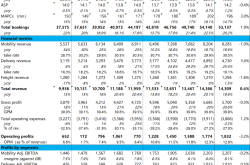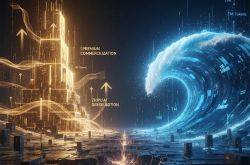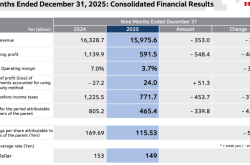Chung Euisun Visits China to Oversee the EV Battle: Beijing Hyundai Reboots Its Electrification Strategy
![]() 05/08 2025
05/08 2025
![]() 462
462
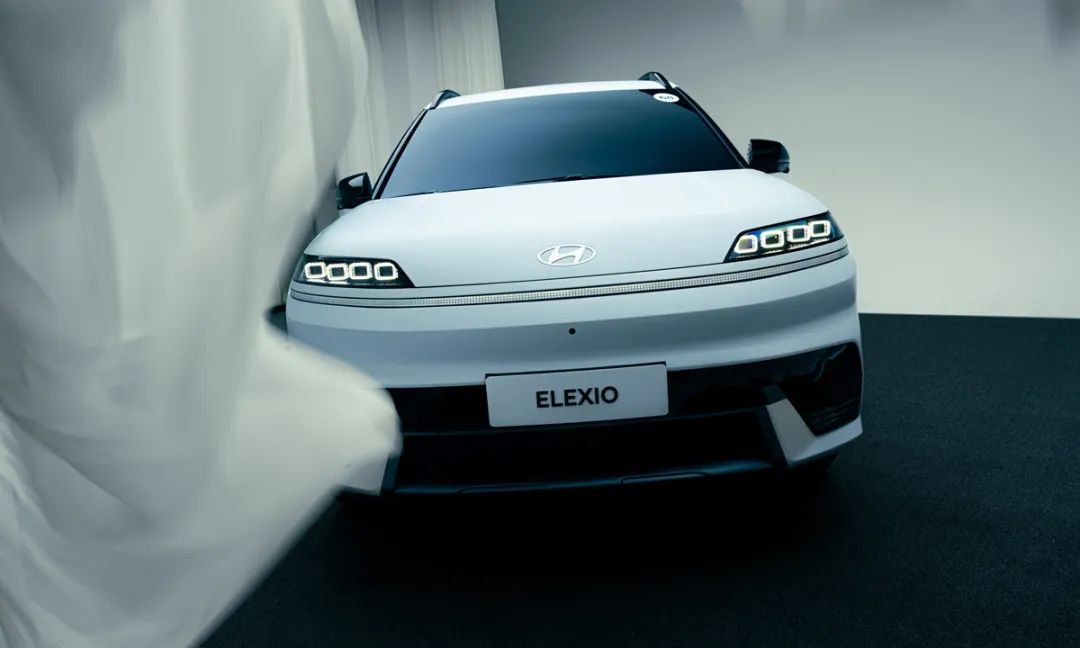
Introduction
Joint ventures in the automotive industry are finally embracing the electric vehicle revolution. Hyundai ELEXIO is tasked with paving the way for Hyundai's renewed "China Strategy".
Since 2025, a new trend has emerged in China's auto market. As the wave of new entrant bankruptcies subsides, automakers like Toyota, Honda, Nissan, Volkswagen, and Audi have introduced a series of cutting-edge electric vehicle solutions. The call for joint ventures to electrify their offerings has grown louder across the industry.
'Either perish in silence or burst into flame.'
This aptly describes the current state of joint ventures. However, given the current trajectory, "underestimating joint ventures" is an outdated notion. The recent Shanghai Auto Show emphatically demonstrated that this market is not dominated by a single group. "Incompetence" and "inefficiency" are not the defining traits of joint ventures.
Creating electric vehicles tailored to Chinese users with strong regional characteristics has become a shortcut for most joint ventures to maintain their presence in China. However, fundamentally, it hinges on the company's determination and persistence to continually invest in this area; mere confidence is insufficient.
Unlike Toyota and Volkswagen, Hyundai Motor's absence from the Shanghai Auto Show this year seemed somewhat isolating. However, on a positive note, as Beijing Hyundai, a joint venture, completes capital increases from both shareholders, executing a new electrification strategy remains its unwavering China strategy.
Although Hyundai Motor did not participate in the exhibition as a company, Hyundai Kia Chairman Chung Euisun made a low-key appearance at the exhibition hall on May 1, just one day before the show closed on May 2. This did not deter him from visiting multiple Chinese new energy vehicle booths. Clearly, this global leader of Hyundai is determined not to miss the opportunity to observe the cutting-edge developments in the automotive industry and oversee the battle.
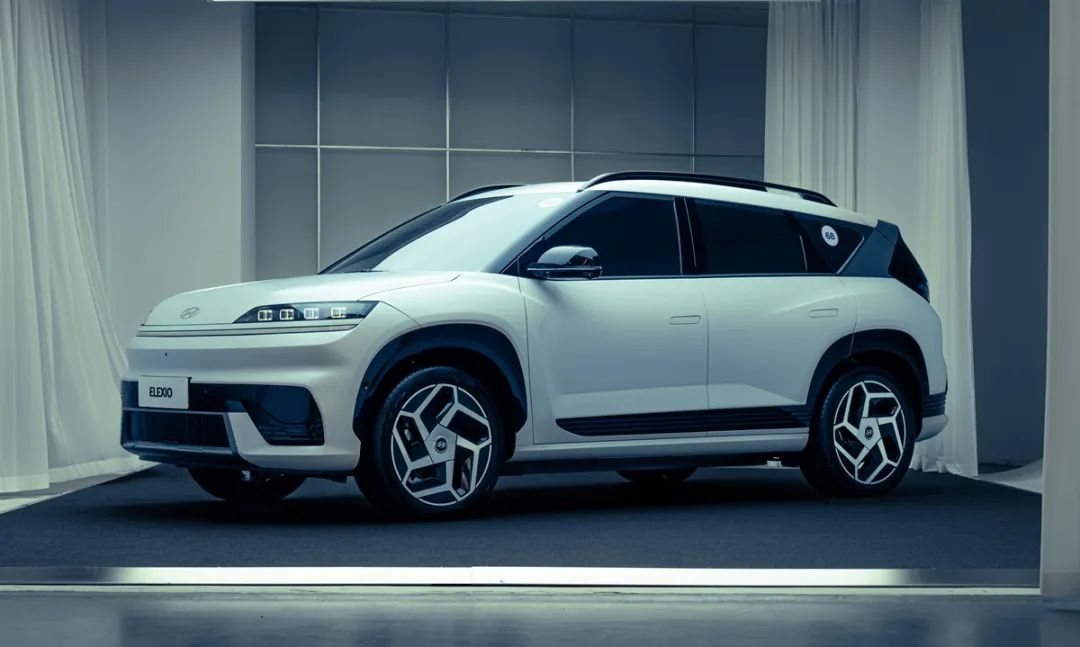
Over the past year, the IONIQ 5N introduced by Hyundai (China) has completed the basic promotion of Korean electric vehicles. During this period where electric vehicles dominate, it is as if Hyundai has carved out a unique promotional path for itself.
Now, following the China debut of the Kia EV5, with the launch of Beijing Hyundai's first pure electric platform SUV—ELEXIO, it is evident that the goal is to firmly tie the future of Korean cars to the Chinese auto market. Avoiding losses by abandoning the Chinese market is a minor concern; however, from any perspective, based on Hyundai's global ambitions, staying in China is always more beneficial than detrimental.
01 China Experience > New Platform Contribution
Earlier, given the current performance of Korean cars in the Chinese auto market, the entire Hyundai Motor Group's absence from the Shanghai Auto Show for the first time since entering China sparked much speculation.
On one hand, the intense competition in the Chinese electric vehicle market has gradually made major established foreign automakers deeply feel the pressure of survival and has successively issued eviction notices. Following Suzuki and Renault, the reluctant departure of Mitsubishi and Jeep has highlighted the massive gap brought about by the transformation of the times, revealing their dwindling fortunes.
As this trend intensifies, even Korean automaker Hyundai, which has ranked among the top three in sales for several consecutive years, will likely have to seriously consider whether it can withstand the industrial storm sparked by China and maintain its current advantages in the future.
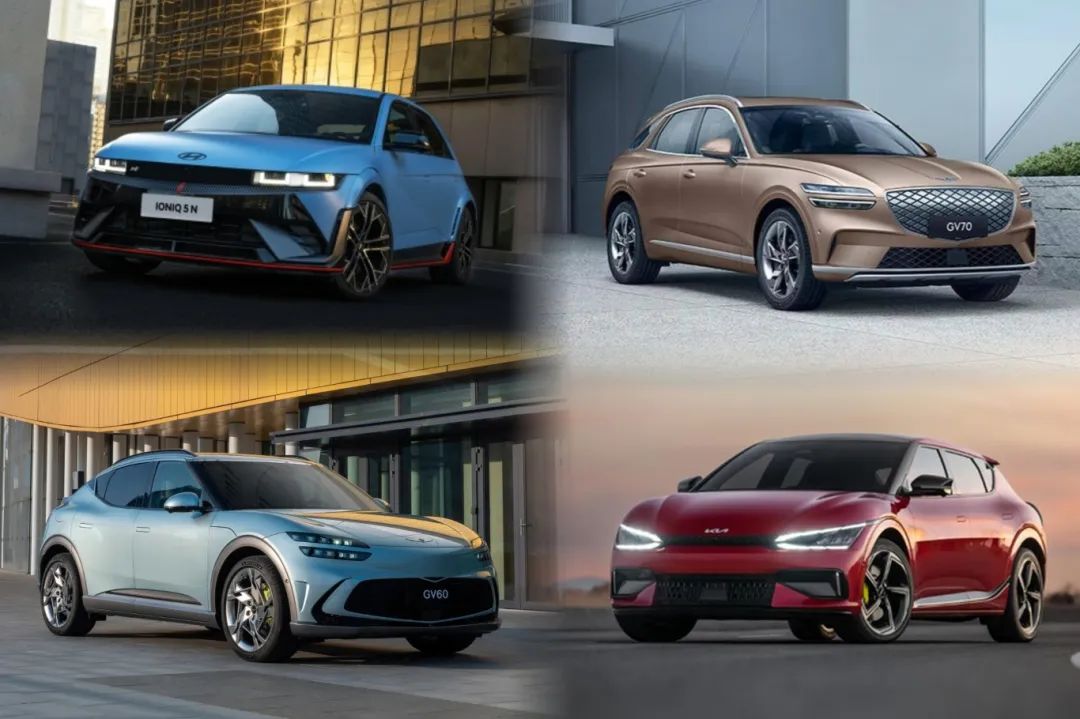
To be blunt, what the Chinese auto market is showcasing today goes beyond a unique style specific to a historical background or regional market. Seeing that even the basic brand recognition of Korean cars is being replaced by Chinese automakers, Hyundai Motor, no matter how powerful it is in overseas markets, has reached a critical juncture.
From the earliest Beijing Hyundai FESTA/ENCINO electric version to imported Hyundai IONIQ 5N, Kia EV6, Genesis GV60, and then to domestically produced Kia EV5, the market has conveyed an indisputable fact to Korean cars: regarding how to make an electric vehicle that convinces Chinese users to pay for it, being careless, seeking shortcuts, and being stubborn are all ineffective approaches.
When peers are willing to spare no cost and pay a huge price to launch electric vehicles similar to BZ3X and N7, Hyundai must demonstrate full sincerity and a more humble attitude. Otherwise, repeating past mistakes is not a trivial issue.
Hyundai Motor states, "After five years of meticulous craftsmanship, Beijing Hyundai has launched its first pure electric platform SUV—ELEXIO, which not only represents Beijing Hyundai's strength in the field of new energy vehicles but also serves as a model for its 'new quality' products."
However, in the eyes of outsiders, setting aside all external descriptions, what this new car needs to do, and must do, is to let Chinese users see from the source the true technical prowess, transformation attitude, and strength of Hyundai, down to the warmth in the performance of new car features.
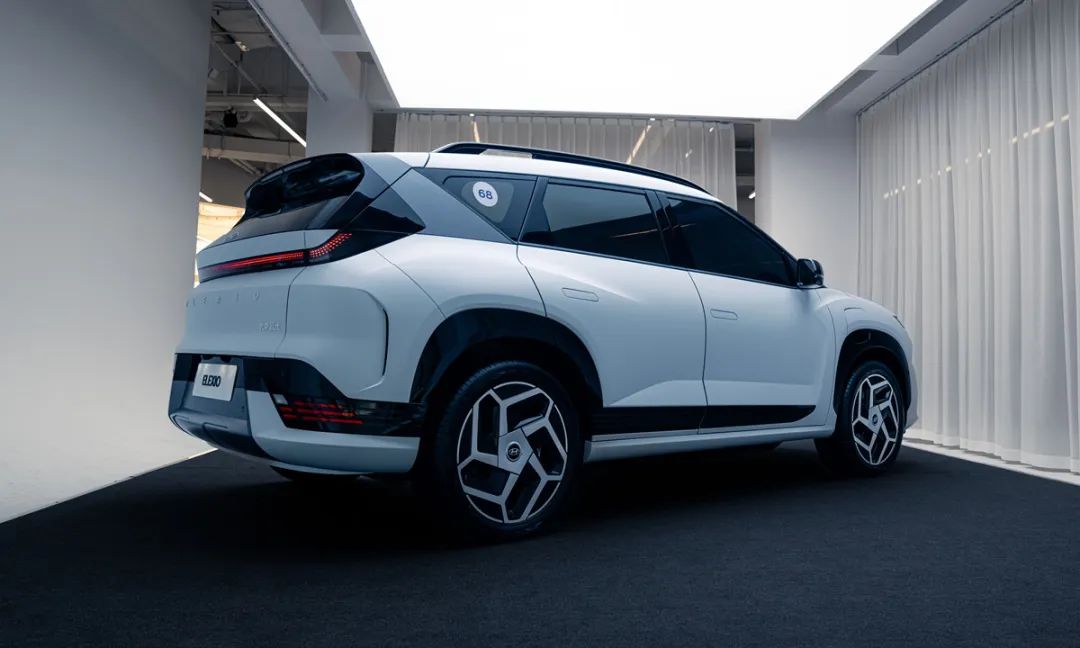
So, is Beijing Hyundai ELEXIO such an excellent electric vehicle? Let's put it this way: Compared to all previous electric vehicles dominated by the Korean side, ELEXIO not only has the technical support of Hyundai's E-GMP platform but has also undergone significant changes at the level of localization in China.
A high-performance CPU (Qualcomm SA8295), a range of over 700 kilometers, and a Horizon Robotics L2+ driving assistance system are terms we often hear, all appearing on this car, illustrating that Hyundai has truly grasped the pulse of electric vehicle development in China. To avoid the global tag that accompanies Hyundai electric vehicles, adopting a Chinese solution is also the result of Hyundai's thorough market analysis.
Of course, more product details about ELEXIO have not yet been disclosed by the official source. There is still some time before this car hits the market.
Overall, Korean cars, which waved goodbye to the Shanghai Auto Show, regardless of their own considerations, must bow to the Chinese market in this era. Learning the logic of Chinese automakers in making electric vehicles or clarifying the real needs of Chinese users are urgent tasks for Hyundai Motor from a global perspective.
Today, the strategic importance occupied by China's new energy industry in the global auto market is clear to all automakers. To remain at the forefront of industry advancement and one's own transformation, there is no reason to ignore any emerging trends in the Chinese market. Not to mention Hyundai Motor; just look at the actions of Volkswagen and Toyota to understand that knowing what to do and how to do it is the only rule for survival.
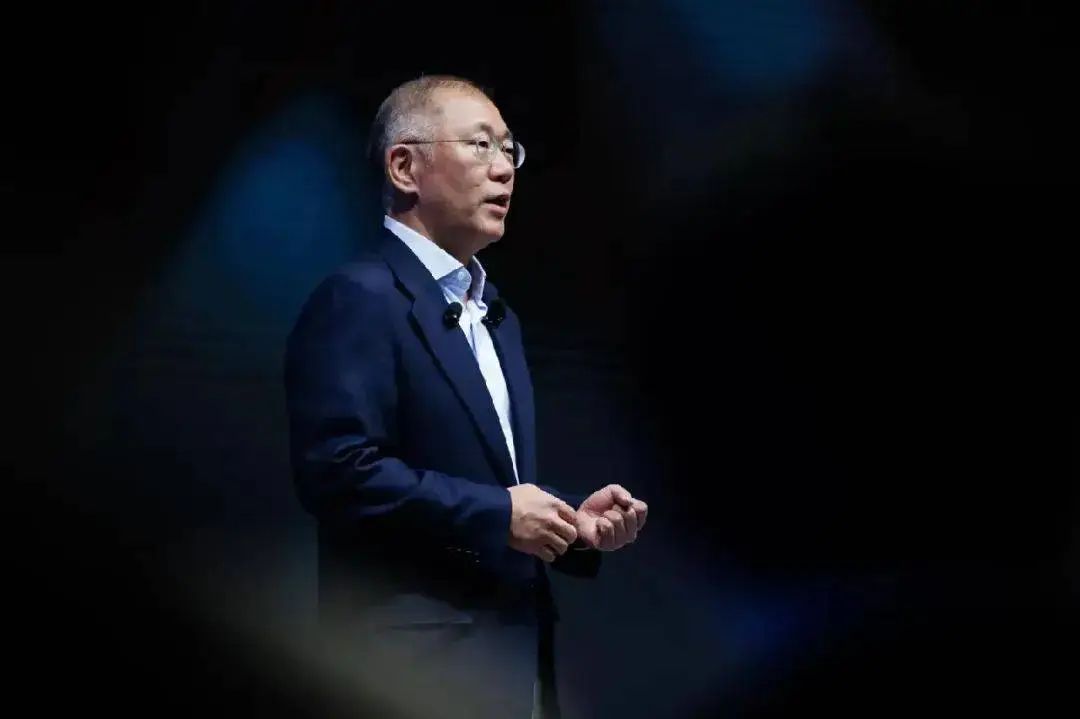
02 Responding to the Challenge by Facing China Head-On
Needless to say, in the heart of the electrification wave, simply taking the Shanghai Auto Show as an observation point, the impact of the technological and industrial revolutions led by Chinese automakers is incredibly intimidating for any automaker.
Therefore, when Korean cars quietly withdrew from the Shanghai Auto Show, and Chairman Chung Euisun appeared at the auto show after the hustle and bustle without any official behavior, he visited the booths of XPeng, ArcFox, and CATL, carefully examining all technologies related to the evolution of the Chinese auto market. In fact, this is a very real expression of Hyundai Motor's vigilance towards the future.
We know that during the "Chung Mong-koo" era, Hyundai Motor did not hesitate to connect with the global market. Building supply chain fortifications around Mobis and Hyundai Steel, and narrating the story of the Hyundai N sports department and Genesis in the context of Western culture were all key supports for Hyundai Motor to leapfrog and rival Volkswagen and Toyota.
However, after entering the era of Chung Euisun's leadership, since the world order is no longer entirely set by the West, strategic changes should be prioritized.
I remember that in his 2025 New Year's message, Chung Euisun said, "We have never been intimidated by the uncertainties of the future. We must not be complacent in an environment without challenges, nor assume that success in 2025 is guaranteed based on last year's performance. We should not stifle innovation with a pessimistic mindset."
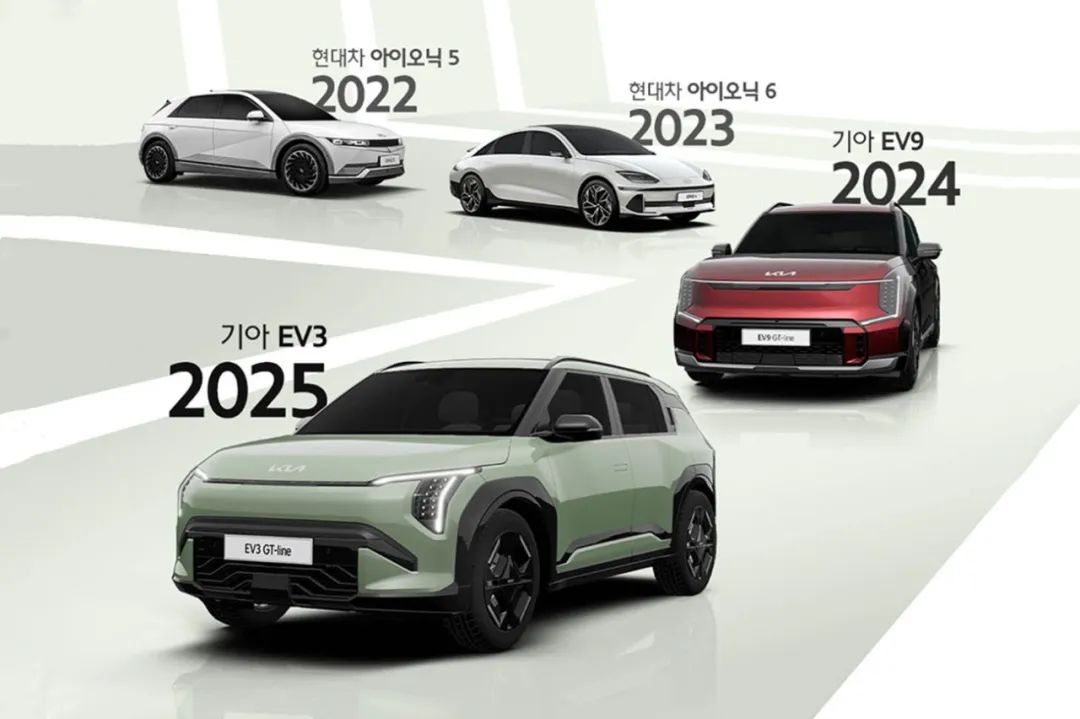
Perhaps, in the past few years, several electric vehicles, including the Hyundai IONIQ 5/6 and Kia EV9/EV3, have won the title of World Car of the Year, but what does that represent in China? Referring to the market performance of the Kia EV5 in China, it obviously represents nothing at all.
Foreign automakers have always had an arrogant attitude, which is well-known in the industry. In contrast, after many years, Chung Euisun can take advantage of the gap between the closing of the Shanghai Auto Show and the official launch of ELEXIO to see what Chinese companies are doing to promote industrial progress, which better reflects Hyundai Motor's understanding of the new strategy of "in China, for China, to the world".
Under the new world order, clinging to the American market is certainly a decision every Korean company must make. Hyundai Motor is no exception. Relying on the tax incentives of the Inflation Reduction Act, Hyundai's plant in Georgia has achieved local production of several popular electric vehicles, making Hyundai the second-largest seller of electric vehicles in the United States last year, second only to Tesla.
However, from the Chung Mong-koo era to the Chung Euisun era, along with the growth of Chinese automakers, regardless of the circumstances, Hyundai Motor, whose sales in China have been declining, should have noticed that the balance of the automotive industry's development has shifted somewhat.
Rather than being completely left behind by Chinese automakers in the technological race, it is better to take root in the Chinese market and learn everything about the technical nuances and marketing strategies for growing the new energy industry bigger and stronger. This kind of awareness, I personally believe, should also exist in Hyundai, a Korean company with a global footprint.
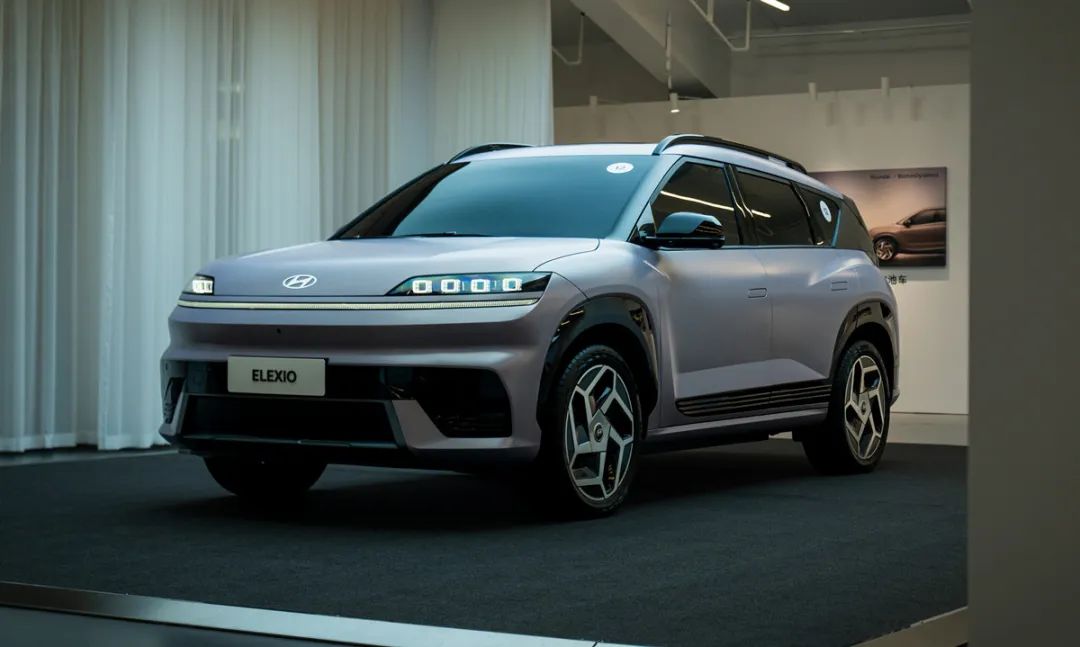
In today's market competition, the price decline and value increase of new energy SUVs coexist in the same space and time, which may seem contradictory. However, as observers, we can fully understand the real requirements being put forward by the diverse needs of Chinese users to the market.
In other words, starting with ELEXIO, Hyundai needs to truly pinpoint the positioning of Korean electric vehicles. "Improving cognition and building endogenous driving force in challenges" cannot become an empty slogan. When the new car officially appears on the market in its full form, from Beijing Hyundai to Hyundai Motor, all determined technical calibrations, price ranges, and functional derivations must be aligned with the Chinese market without any deviation.
Editor-in-Chief: Shi Jie, Editor: He Zengrong



